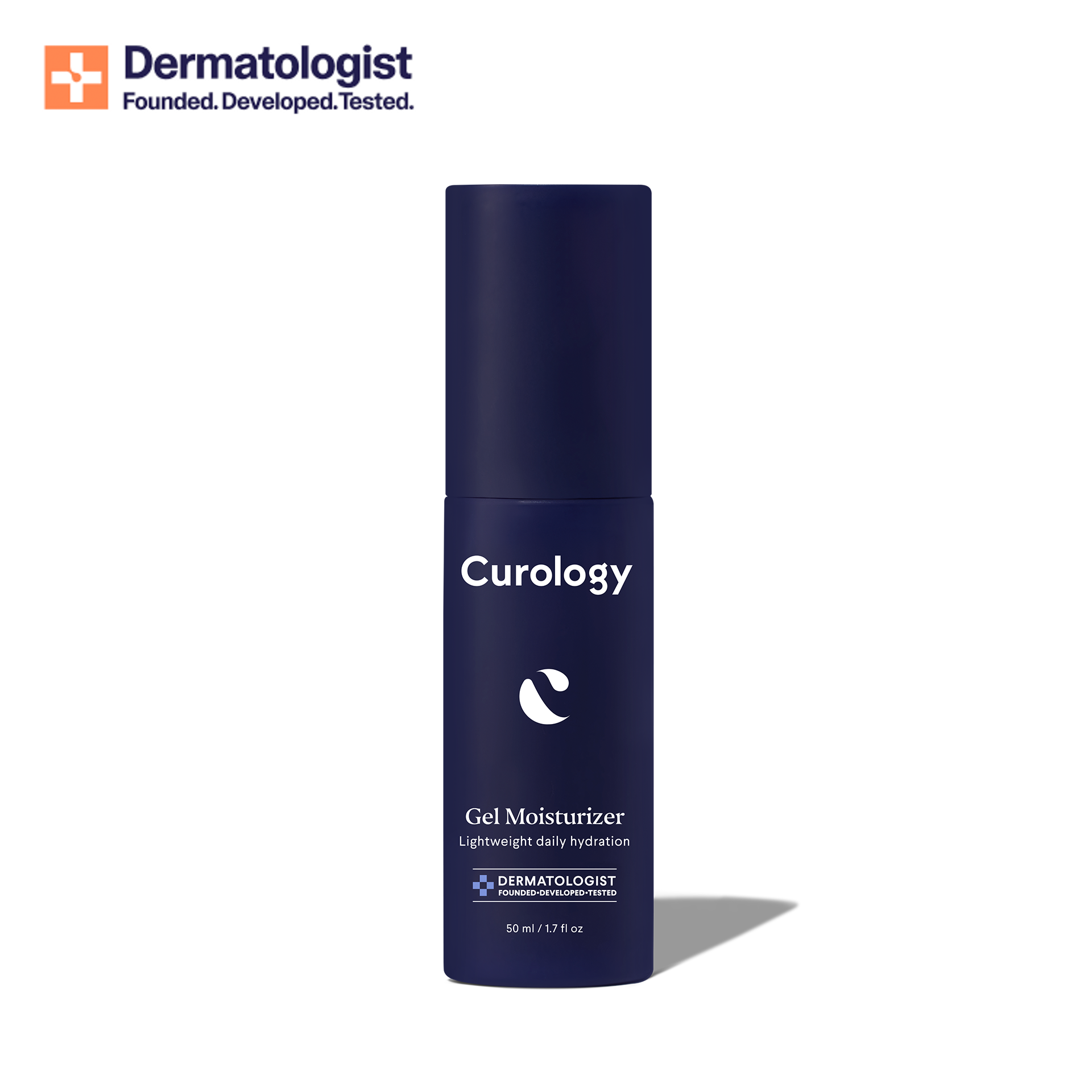Agencia 92: Your Source for Trending News
Stay updated with the latest insights and stories that matter.
Moisturizer Mayhem: Finding Your Skin's Perfect Match
Unlock glowing skin! Discover your ideal moisturizer in our ultimate guide to Moisturizer Mayhem and bid farewell to dryness.
The Ultimate Guide to Choosing the Right Moisturizer for Your Skin Type
Choosing the right moisturizer for your skin type is essential for maintaining healthy and radiant skin. To get started, it's important to understand your skin type, which can be classified into several categories: normal, oily, dry, combination, and sensitive. Each type has its own unique needs, and selecting a product tailored to your skin can make all the difference. For example, individuals with dry skin may benefit from heavier, cream-based moisturizers that contain hydrating ingredients like hyaluronic acid or glycerin, while those with oily skin should seek out lightweight, oil-free formulas to avoid clogging pores.
Once you have identified your skin type, consider these key factors when choosing a moisturizer:
- Ingredients: Look for products that match your skin's needs, such as ceramides for repairing the skin barrier or aloe vera for soothing irritation.
- Texture: Opt for oil-free gel formulas for oily skin, while creamy lotions or balms are great for dry skin.
- SPF Protection: If you're looking for daytime use, a moisturizer with built-in sun protection can shield your face from harmful UV rays.
Always perform a patch test with new products to prevent any adverse reactions. By taking the time to choose the right moisturizer, you can achieve healthier, more beautiful skin.

Top 5 Ingredients to Look for in Your Perfect Moisturizer
Finding the perfect moisturizer can be a daunting task, especially with so many options available. However, knowing which ingredients to look for can simplify your search. Here are the top 5 ingredients to consider:
- Hyaluronic Acid: This powerhouse ingredient is known for its ability to retain moisture, holding up to 1,000 times its weight in water. It helps keep your skin hydrated and plump, making it an essential component of any effective moisturizer.
- Glycerin: Another excellent humectant, glycerin draws moisture from the environment into your skin. It helps to create a protective barrier that locks in hydration, making it perfect for those with dry or flaky skin.
Continuing our list of must-have ingredients, ceramides play a critical role in maintaining your skin's barrier and preventing moisture loss. They help replenish the skin's natural lipids, ensuring that it stays hydrated. Additionally, niacinamide is another fantastic ingredient that enhances skin elasticity and improves the texture while providing hydration. Lastly, shear butter not only provides deep nourishment but also soothes dry and irritated skin, making it a perfect final touch in your skincare routine.
Is Your Moisturizer Doing More Harm Than Good? Signs to Watch For
When it comes to skincare, moisturizers play a critical role in maintaining skin health. However, using the wrong product can lead to more harm than good. One common sign that your moisturizer is causing problems is persistent breakouts or irritation. If you notice that your skin feels oily yet still dry, it could be an indication that your moisturizer is too heavy or filled with ingredients that are clogging your pores. Additionally, if your skin is becoming increasingly sensitive or inflamed, it may be your skin's way of signaling that it’s reacting negatively to specific ingredients or formulations.
Another vital sign to watch for is excessive peeling or tightness after application. A good moisturizer should hydrate without leaving a film or feeling sticky. If you find your skin feels tight or flaky soon after applying your product, it may not be providing the hydration you need. Check the ingredients list: If your moisturizer contains alcohol or fragrances, these can exacerbate skin issues, especially in sensitive individuals. Always listen to your skin; if certain products lead to adverse reactions, it might be time to explore alternatives that better suit your skin's unique needs.